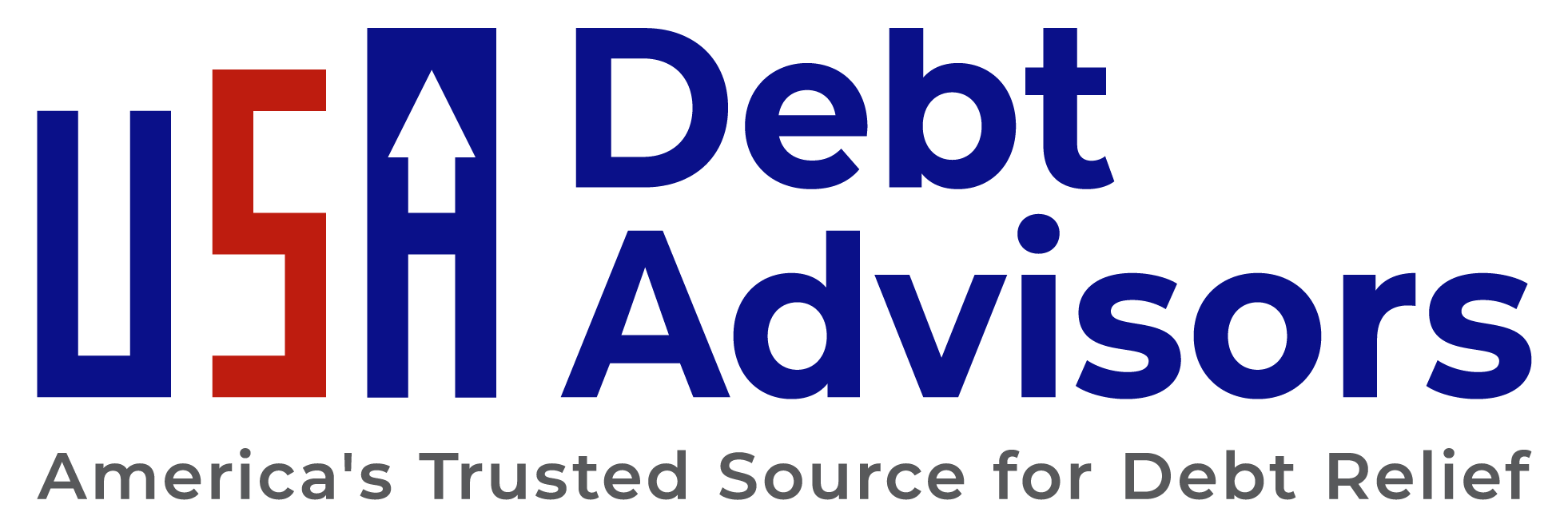Credit card debt can be a significant burden on one’s financial well-being. High-interest rates and growing balances can make it challenging to regain control of your finances. However, there are several effective strategies to reduce credit card debt, including debt settlement options. In this article, we will explore various methods to tackle credit card debt and the considerations associated with debt settlement.
Create a Solid Budget and Track Expenses:
The first step towards reducing credit card debt is to create a realistic budget. Assess your income and list all essential expenses, such as rent/mortgage, utilities, groceries, and transportation. Identify non-essential expenditures and find areas where you can cut back. Sticking to a budget will free up more money that you can allocate towards paying down your credit card debt.
Prioritize Repayment with Avalanche or Snowball Methods:
Two common approaches to tackling credit card debt are the avalanche and snowball methods. With the avalanche method, focus on paying off the credit card with the highest interest rate first. This minimizes the overall interest you’ll pay over time. On the other hand, the snowball method involves prioritizing the smallest debt first, providing psychological motivation as you see quick wins. Whichever method you choose, remember to continue making at least the minimum payments on all other credit cards.
Negotiate Lower Interest Rates:
Contact your credit card issuers and negotiate lower interest rates. If you have a good payment history or your credit score has improved, they may be willing to lower your rates to retain you as a customer. A lower interest rate means more of your payment goes towards reducing the principal balance, expediting your debt repayment.
Make More Than the Minimum Payment:
Paying only the minimum balance each month prolongs the time it takes to pay off your credit card debt substantially. Whenever possible, make more substantial payments above the minimum amount. Even increasing your payment by a small amount can have a significant impact on reducing your debt over time.
Utilize Windfalls and Bonuses:
When you receive unexpected windfalls, such as tax refunds or work bonuses, consider using a portion of that money to pay down your credit card debt. While it may be tempting to splurge on something else, using these windfalls strategically can provide a considerable boost to your debt reduction efforts.
Debt Consolidation:
Debt consolidation involves combining multiple high-interest debts into a single, lower-interest loan or credit card. This can streamline your repayment process and potentially save you money on interest. However, be cautious and research thoroughly before opting for debt consolidation, as some methods may come with additional fees or risks.
Debt Management Plan (DMP):
If you’re struggling to manage your credit card debt, consider enrolling in a debt management plan offered by credit counseling agencies. Through a DMP, you’ll make a single monthly payment to the credit counseling agency, and they will distribute the funds to your creditors. They may also negotiate with your creditors for potentially lower interest rates or waived fees.
Debt Settlement:
Debt settlement is an option for individuals facing extreme financial hardship who are unable to repay their credit card debt in full. With debt settlement, you negotiate with your creditors to pay a lump sum that is less than the total outstanding balance, with the understanding that the debt will be considered settled. However, debt settlement can have significant consequences on your credit score and may involve tax implications. It should only be considered as a last resort and preferably with professional guidance.
Seek Professional Help:
If you’re feeling overwhelmed by your credit card debt and unsure about the best course of action, consider seeking advice from a reputable financial advisor or credit counselor. They can assess your unique situation and provide personalized recommendations to help you regain control of your finances.
In conclusion, reducing credit card debt requires discipline, dedication, and informed decision-making. By creating a budget, prioritizing repayments, negotiating lower interest rates, and considering consolidation or debt management plans, you can make significant strides towards financial freedom. However, debt settlement should be approached cautiously and only after careful consideration of its potential consequences. Take proactive steps to address your credit card debt, and with perseverance, you can pave the way to a more secure and financially stable future.
